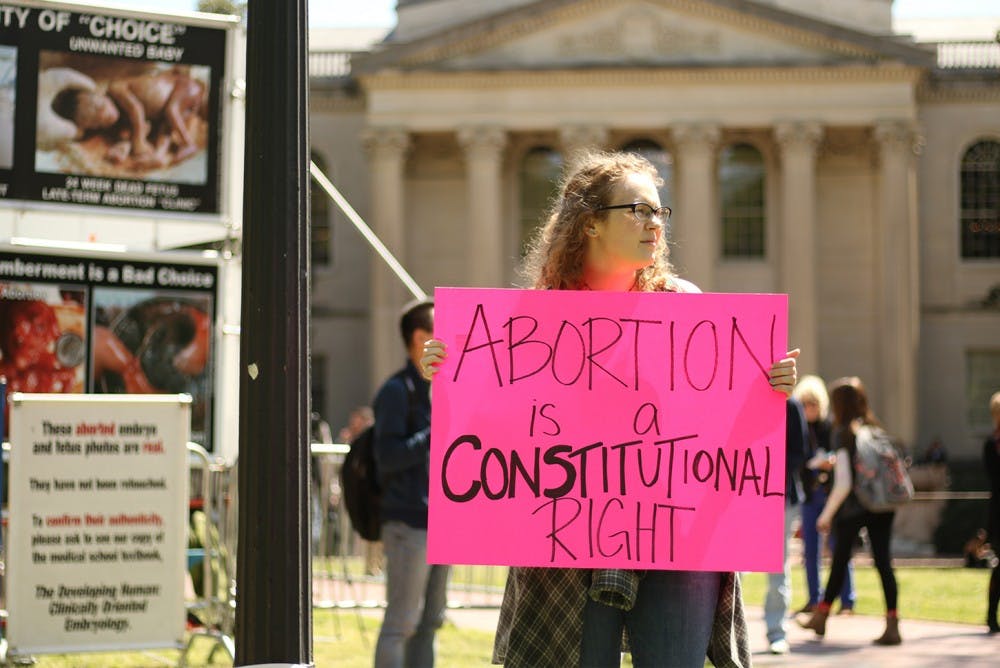Members of the N.C. House of Representatives filed two bills last week that would impose restrictions on abortions.
House Bill 53, called A Second Chance For LIFE, would require physicians to provide women with information about the possibility of the reversal of a medication abortion and have them certify in writing that they have received this information after the first drug has been administered.
Arkansas, Idaho, South Dakota and Utah all have similar laws in place, the first of which was enacted in 2015.
Elizabeth Nash, senior state issues manager at the Guttmacher Institute, a reproductive rights research and policy organization, said the bill is based on flawed science.
“The community had thought that we wouldn’t see this kind of legislation because it was so far out of the reality of medical practice, and the reason I say that is because there’s no evidence that supports the idea that reversing a medication abortion is really possible through the process they advise,” she said.
Kelsea McLain, the community outreach director at A Woman’s Choice, Inc. and the chairperson of the board of directors at the Carolina Abortion Fund, said this flawed science might cause confusion, as abortion care providers would be forced to mislead their patients.
“We don’t like being compelled to lie to our patients, and the medication abortion reversal bill is expressly focused on forcing us to lie to our patients,” she said.
North Carolina Right to Life said in a press release that medication abortion reversals have been successful.
“There have been over 500 mothers whose babies have been saved by the abortion pill reversal protocol. If this legislation passes, there will be many more babies saved from chemical abortions in our state,” it said.




